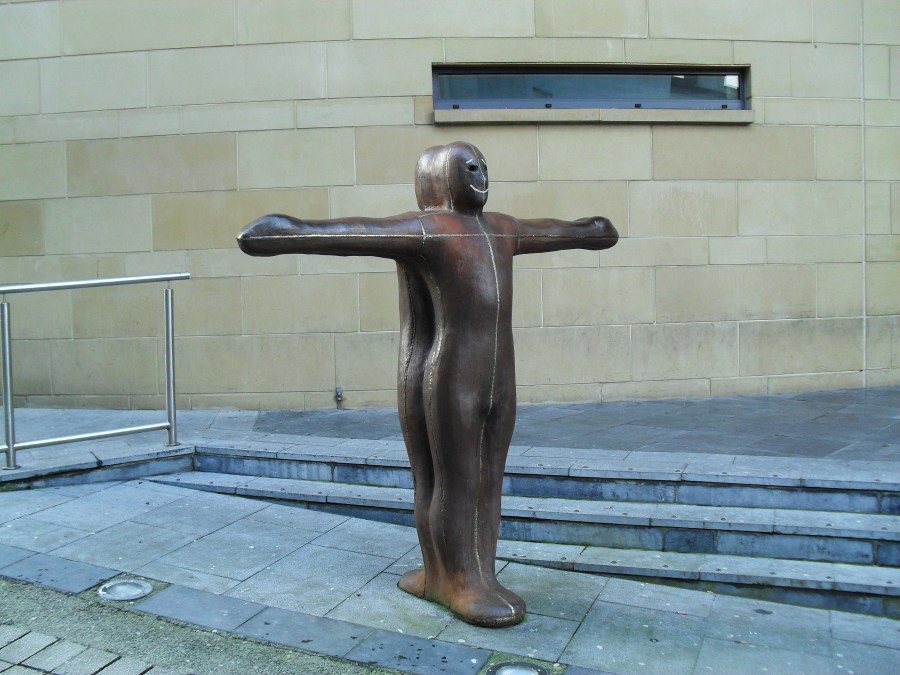It was one of those days when I had done what needed to be done and decided to check out Netflix for a good movie to watch especially European movies or period dramas because the award winning ones are rather tastefully done and such a pleasure to watch.
I’m more of a movie at-one-sitting sort of person . Even if it is a series like Poldark aired over BBC1 on Sunday nights, (which incidentally aired its fourth season, last month), I would record it and watch one episode per week, because Sunday nights are meant for better things.
So I could never quite understand how others could spend hours watching soaps at one stretch spanning seven hours or more - until I watched Gran Hotel which is set in Spain in the early nineteenth century.
When I saw the trailer I thought it was a winner – the passion, period costumes, scenic landscape, murders and clever twists - so I sat down to watch, only to realize that it ended with a cliff-hanger! I had thought it was a movie on its own, not realizing that it was in fact only Episode One of Season One!
Too late - I was unashamedly hooked like a prize fish to a delicious morsel of a worm. The drama in all its time period gorgeousness is insanely binge-worthy. I had to discipline myself to stop watching to go to bed only to find myself watching the next episode when I woke up again.
What makes these serials so engaging?
One underlying theme is about relationships. What is portrayed on screen mirrors life. Some watch the plot and can identify with certain parts are it. Others watch to escape into another world altogether. With intense relationships being played out on screen, moment by moment, viewers can actually feel alongside the actors. Many even take to reviewing and commenting on the shows on virtual threads of discussion.
The content itself can be mesmerizing. Sometimes it is not what we are used to especially cross cultural dramas. It is not surprising that Korean drama appeals to Western audiences as well. According to Suk Park, Co-founder of Drama Fever, an online video streaming service specializing in TV series and films from Asia, "Entertainment is a gateway to culture."
There is also an attraction towards medical drama.
From Casualty and ER to Embarrassing Bodies and One Born Every Minute, we can almost be forgiven for imagining that life as a doctor or patient is exactly what is portrayed on television. Even in the 1970s, we watched on a black and white screen, Dr Joe Gannon (Chad Everett) of the drama ‘Medical Centre’. Above all the dashing doctor mended broken hearts and fixed broken bodies with such precision. He was my mother’s heart throb. When she first saw a specialist, Dr McCoy at Pantai Medical Centre in Kuala Lumpur, she accidentally called him Dr Gannon instead.
Law drama is no exception either. I’ve heard of the famous defense attorney Perry Mason who brought justice to many falsely accused people by drawing out the real criminal on the witness stand. And who can forget the eccentric and dramatic Calista Flockhart in Ally McBeal?
Because of such engaging drama serials, it wasn’t surprising that many youngsters of my time wanted to become doctors and lawyers.
Detective drama produced icons like Miss Marple and the persistent Inspector Columbo whose cheap cigars hid a brilliant mind. With regards to the Miss Marple series, The Times said, "once hooked, you won't be able to turn off", and The Sun said it was a series "with pulling power and real class".
Watching one episode per week is probably harmless. But to engage in a session of marathon watching day after day is a different thing altogether. Like any form of entertainment, once it becomes an addiction, good sense gets compromised. Responsibilities are sidelined as adults become too engrossed. The sun may be shining and the land needs to be tilled so to speak. There is very little time left to form meaningful relationships with the people around you.
Such is the power of addiction.
The next time I sit down to watch a movie, I must make doubly sure that the story line – plot and all- would be completed in at most, two hours.
THIS ARTICLE WAS ORIGINALLY PUBLISHED IN THE NEW STRAITS TIMES MALAYSIA ON 15 JULY 2018.https://www.nst.com.my/opinion/columnists/2018/07/391280/power-tv-dramas
THIS ARTICLE WAS ORIGINALLY PUBLISHED IN THE NEW STRAITS TIMES MALAYSIA ON 15 JULY 2018.https://www.nst.com.my/opinion/columnists/2018/07/391280/power-tv-dramas















